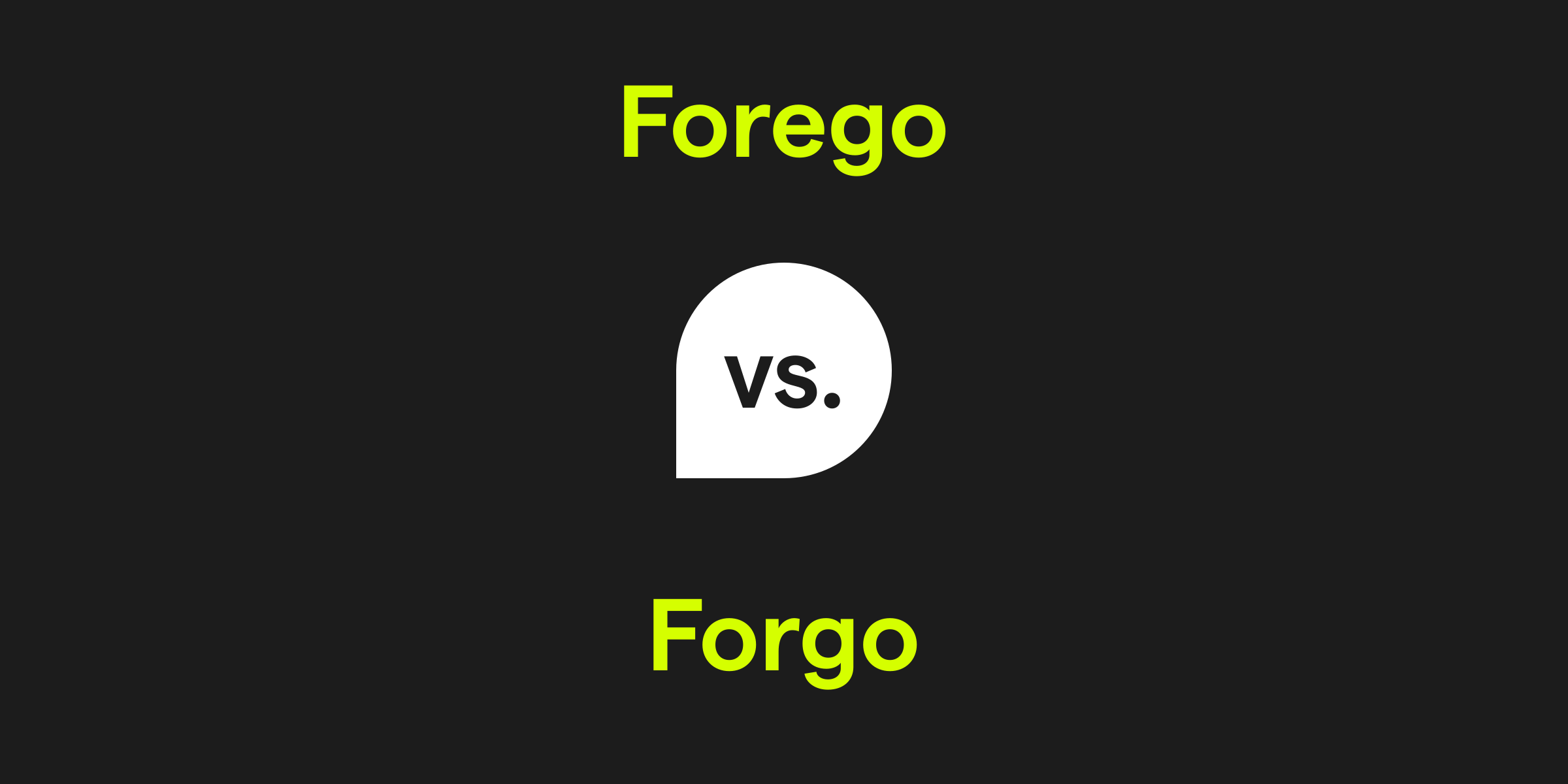Forego vs. Forgo: What's the Difference?
While often confused due to their similar spelling and pronunciation, forego and forgo have distinct meanings. Forego means to precede, to go before in place or time, whereas forgo means to abstain from, to do without, or to renounce. Understanding the primary context in which each word is used is crucial; forego is often associated with succession and order, and forgo is used when discussing the act of giving something up.

How do you use the word forego in a sentence?
The word forego is used when referring to something that comes before something else, typically in terms of order or sequence. It can imply a precedence in time, position, or importance. Forego is commonly found in more formal or literary contexts and is sometimes used in the perfect form, 'foregone,' as in 'foregone conclusion.'
Examples of forego in a sentence
- The opening act will forego the main performance tonight.
- Traditions that forego the current generation often seem outdated.
- He had foregone his usual route to explore the new area.
How do you use the word forgo in a sentence?
The word forgo is used to express the decision to do without something or renounce a right, pleasure, or convenience. It is often associated with a conscious choice involving sacrifice or discipline. Forgo is seen in contexts where self-denial, opportunity cost, or prioritization is a factor.
Examples of forgo in a sentence
- She decided to forgo dessert to maintain her diet.
- Due to the early meeting, he chose to forgo his morning jog.
- The team was willing to forgo short-term profits for long-term success.
Forego and forgo: definition, parts of speech, and pronunciation
Forego definition:
The term forego is a verb that means to go before in place, time, or degree; to precede with the implication of leaving behind or disregarding something.
Forego parts of speech:
Forego pronunciation:
Forego can be phonetically spelled as [fawr-goh].
Forgo definition:
The term forgo is a verb which refers to the action of abstaining from something, renouncing, or choosing to do without a certain pleasure or convenience.
Forgo parts of speech:
Forgo pronunciation:
Forgo can be phonetically spelled as [fawr-goh]. Note that it's the same pronunciation as 'forego,' which adds to the confusion between the two.
The term forego is a verb that means to go before in place, time, or degree; to precede with the implication of leaving behind or disregarding something.
Forego parts of speech:
- As a verb: It's essential for new statutes to forego older laws in relevancy.
- Used in perfect aspect: A foregone outcome must not deter us from striving for improvement.
Forego pronunciation:
Forego can be phonetically spelled as [fawr-goh].
Forgo definition:
The term forgo is a verb which refers to the action of abstaining from something, renouncing, or choosing to do without a certain pleasure or convenience.
Forgo parts of speech:
- As a verb: The athlete vowed to forgo fast food until the end of the season.
- Used in gerund form: Forgoing smoking can significantly improve one's health.
Forgo pronunciation:
Forgo can be phonetically spelled as [fawr-goh]. Note that it's the same pronunciation as 'forego,' which adds to the confusion between the two.
Forego vs. forgo in a nutshell
To summarize, forego pertains to the sequence of events or supersedence in order, whereas forgo relates to the voluntary act of abstaining from something. Though they sound the same and are often mixed up, they convey different actions—one is about prioritization and the other is about self-denial. Being aware of the contexts in which forego and forgo are applicable will ensure proper usage and clarity in communication.
Get AI Writing Assistance Wherever You Type
Make sure your vocabulary is on point and every punctuation mark is in the right place, no matter where you’re working. Grammarly works across more than 1 million websites and apps so you can improve your writing without copying, pasting, or breaking focus.

More Commonly Confused Words
Interest piqued? Pore (not pour) over other commonly confused words to help your writing reach peak (not peek) performance.